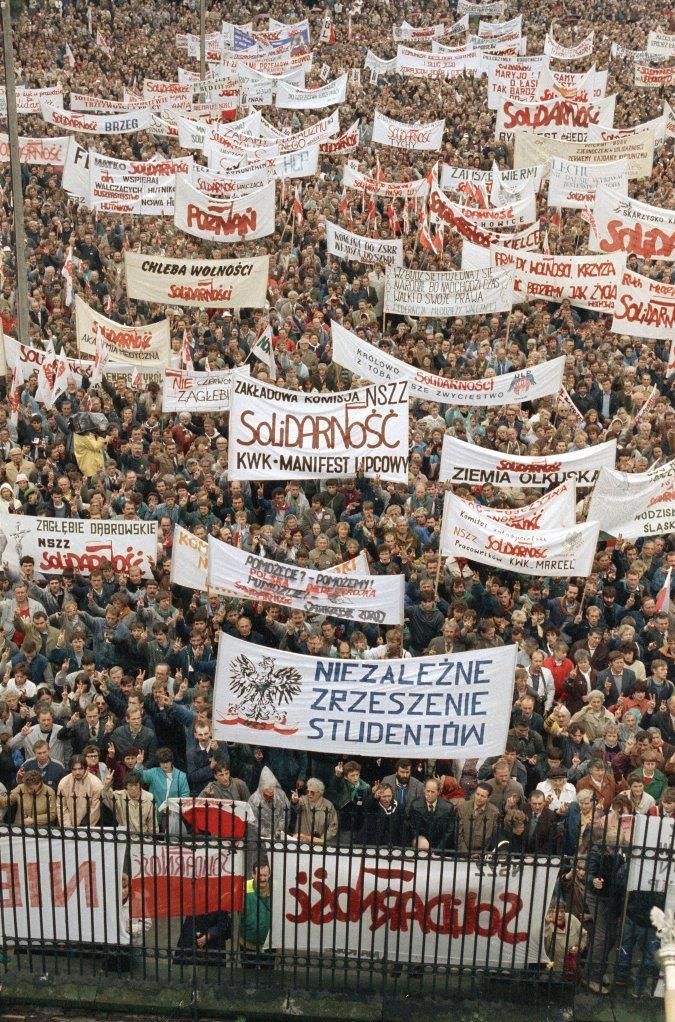
Quelle: AP Photo
- Старт >
- ПРОБУЖДЕНИЕ >
- Against the Dictatorship >
- Dissidents in Eastern Europe
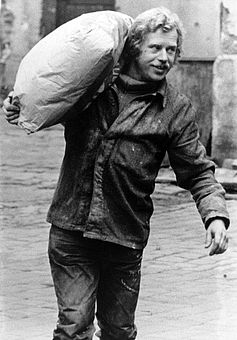
Quelle: picture-alliance/dpa/AFP
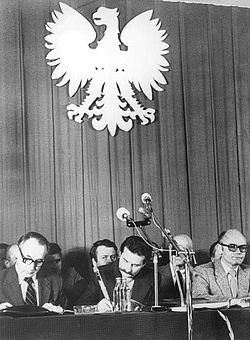
Quelle: picture-alliance/dpa/Lehtikuva Jorma Puusa
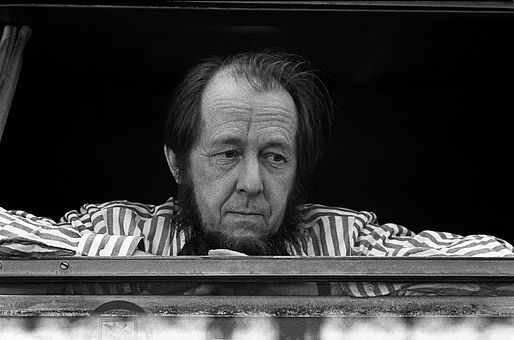
Quelle: picture-alliance/KEYSTONE/STR
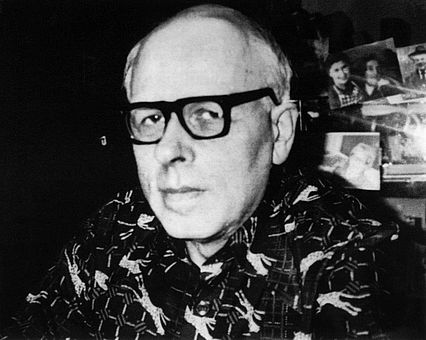
Quelle: picture-alliance/dpa/UP
